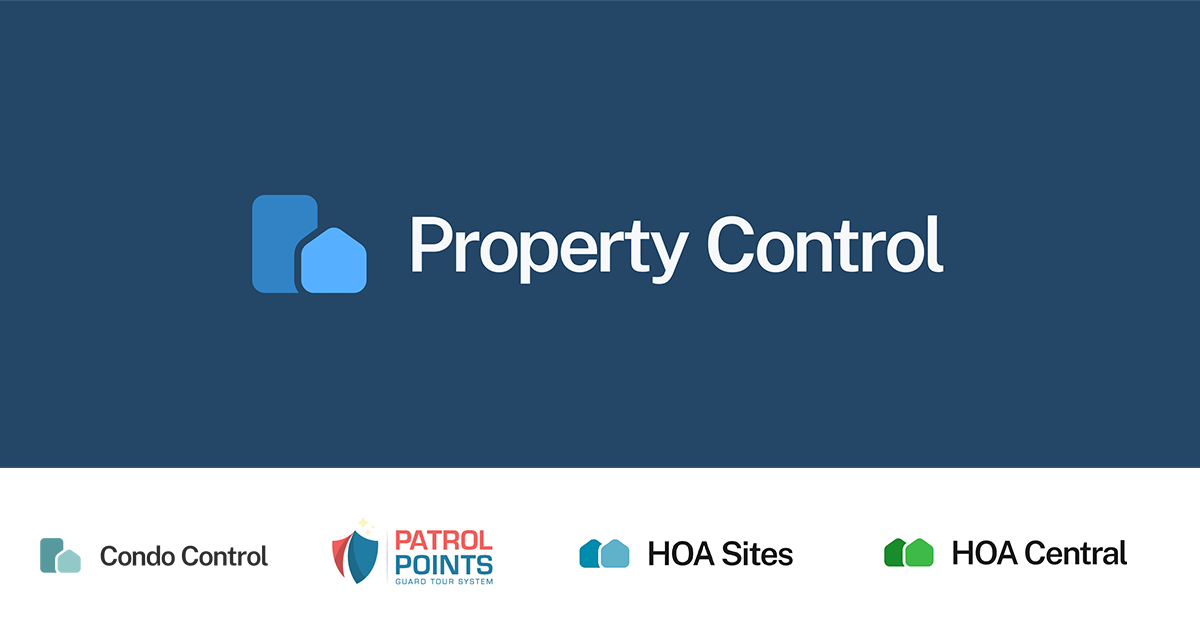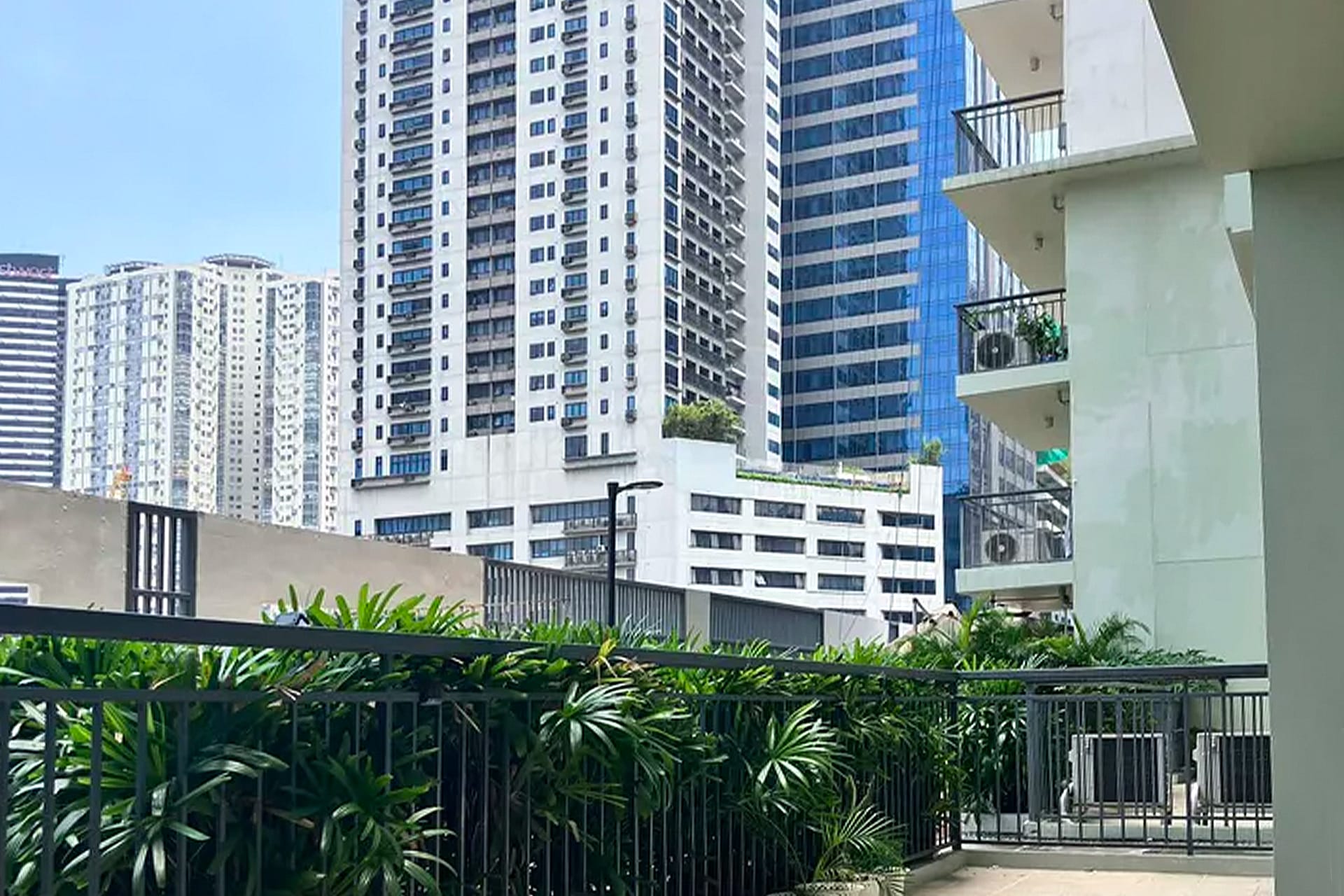There is no shortage of resources for board members looking for help with legal compliance. From insurance coverage to best practices, condo and HOA boards have a lot of good base material available to them.
But there is less information dedicated to community association managers (CAMs), which is why we decided to put this article together.
Please note that no information here should be interpreted as legal advice. Rather, it is designed to help inform CAMs.
Table of contents
- What does it mean to be legally liable?
- Additional risks CAMs should be aware of
- What protections are available to CAMs
- How to avoid legal troubles
What does it mean to be legally liable?
Generally speaking, you are deemed to be legally liable when you lose a civil court case, and the court determines that you owe the other party compensation.
Liability can arise out of:
- intentional torts;
- unintentional acts/negligence; and
- contracts.
An intentional tort is a wrongful act that is intentionally committed, including assault, battery, slander, libel, embezzlement, and fraud.
A civil case of an intentional tort is brought by an individual, rather than the state, and the punishment is financial compensation rather than jail time.
An unintentional tort, also known as negligence, occurs when someone accidentally does something to another person.
To qualify as negligence, there must be proof of: (1) duty; (2) breach of that duty; (3) causation; and (4) harm.
Contracts can be either oral or written, and both are legally enforceable. While it is easier to prove a written contract exists, an oral contract is just as good as a written one, from a legal perspective.
Whenever you breach a contract, you are legally liable for the damages.
In rare cases, residents do have the option to sue a property manager. However, there are a number of preliminary steps that need to be exhausted first.
Furthermore, it is far more likely that an association would sue the property management company, not the individual property manager. Important to note – almost all lawsuits filed against property management companies are litigated in small claims court.
Common reasons why property management companies get sued
There are a few common reasons why owners consider bringing a lawsuit against their management company, shares one management firm. Some of these reasons include:
- Breach of contract
- Failure to keep up with property maintenance, as per the written agreement
- Negligence of grounds and common properties

Depending on where the condo or HOA is located, there will be a limit on how much compensation the association can seek. However, the limit is typically capped at around $10,000.
Management companies are probably aware that, due to the small dollar amount of these cases, many attorneys will refuse to take them. Furthermore, the success rate of owners suing HOA management companies is low. All that means is that CAMs don’t often find themselves in court.
Additional risks CAMs should be aware of
Nevertheless, CAMs may still encounter legal problems, even if they don’t go to court. Complaints may escalate if:
- CAMs fail to comply with federal, state, or local laws
- CAMs do not intervene after residents continue to engage in illegal behavior and create an unsafe environment for others
- CAMs hire unlicensed contractors
- Someone is injured on the property
What protections are available to CAMs
If a CAM faces legal trouble, they likely have some protection from their employing company, depending on several factors.
The nature of the legal issue, the terms of their employment contract, and whether the company carries relevant insurance will all impact how much coverage is available to the individual CAM.
Types of insurance
General liability insurance
General liability insurance covers a wide range of general claims, including bodily injury, property damage, reputational harm, and personal injury.
Having this type of insurance helps to assure boards and residents that adequate coverage is in place to address potential accidents or injuries.
Workers’ compensation insurance
Workers’ compensation insurance covers the costs associated with workplace accidents and injuries.
Most states require workers’ compensation insurance, but the minimum number of employees needed before it is required varies.
Errors and omissions insurance
Also known as professional liability insurance, E&O insurance covers professional mistakes that cause damages to clients. This can include negligence, errors in the form of service, inaccurate advice, and omissions in legal documentation.
If a costly but honest mistake occurs, E&O may cover legal expenses.
Cyber liability insurance
This is a newer form of insurance, but one that has become very important. Contracts, applications, and payment details all contain compromising personal information that requires strict security.
In the case of a cyber attack, cyber liability insurance covers the damages and losses from data breaches that may expose sensitive information.
How to avoid legal troubles
It’s evident that CAMs face unique legal exposures due to their roles enforcing community rules, managing finances, and handling disputes between owners.
While completely avoiding legal issues, or at least legal threats, may not be possible, there are things managers can do to reduce risks and conflict.
Understand your obligations – if your contract says that you will do something, make sure it gets done. Don’t hesitate to use tools like condo/HOA management software to reduce manual workloads and give residents self-serve options.
Practice accurate record keeping – maintain detailed records of meetings, decisions, expenses, correspondence, and enforcement actions. If in doubt, save it.
Written documentation protects managers in the event of disputes or litigation, supporting their actions or demonstrating they did what they were supposed to do.
Managing digital records is far easier than trying to keep them organized in a folder or cabinet. Plus, they are generally safer when stored on a platform like Condo Control.
Practice responsible financial management – at the risk of sounding obvious, maintain a clear separation of association funds.
Implement internal controls, conduct audits as needed, and ensure timely, transparent financial reporting. Yes, it is still ultimately up to the board to manage finances responsibly, but you don’t want to be in a position where you’re accused of mishandling funds or making poor financial recommendations.
Be transparent when possible – however, ensure your relationships with board members and residents are professional.
Use formal processes for complaints and disputes, and always get complaints in writing. Provide timely updates to reduce dissatisfaction and misunderstandings.
Good communication can go a long way when it comes to defusing heated situations. It also shows residents that you don’t have anything to hide.
Avoid the temptation to solve everything – property managers want to go above and beyond, but sometimes they end up doing too much, and that can lead to trouble.
Do not take sides in neighbor disputes; stay impartial and act based on facts and the association’s rules. Not every neighbor dispute requires intervention from a property manager.
Don’t attempt to handle major legal or technical issues by yourself to save the community money. It will usually cost less to pay the appropriate professionals, who will get the job done right the first time.
Seek professional advice – always reach out to your company and request legal counsel on matters with potential legal ramifications. Attorneys are skilled experts who will help you avoid legal trouble if possible, or help you prepare a strong case if necessary.
Conclusion
Though CAMs cannot completely avoid conflict due to the nature of their work, most residents will avoid any type of legal action if their CAMs are responsive and carry out their duties to the best of their abilities.
























